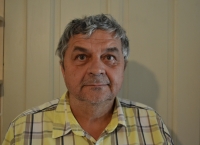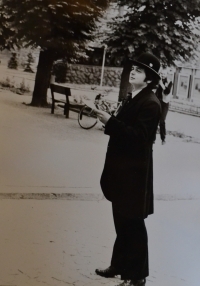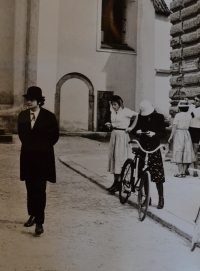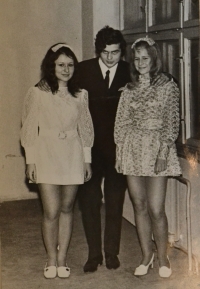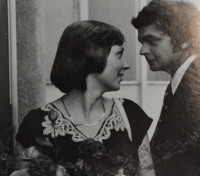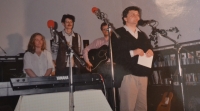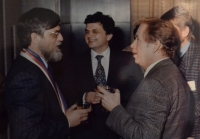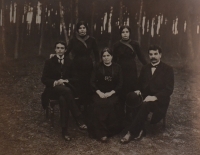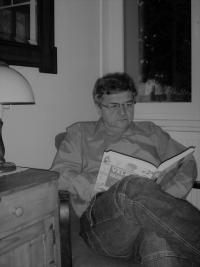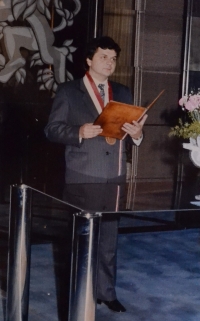Fanaticism and envy are the worst
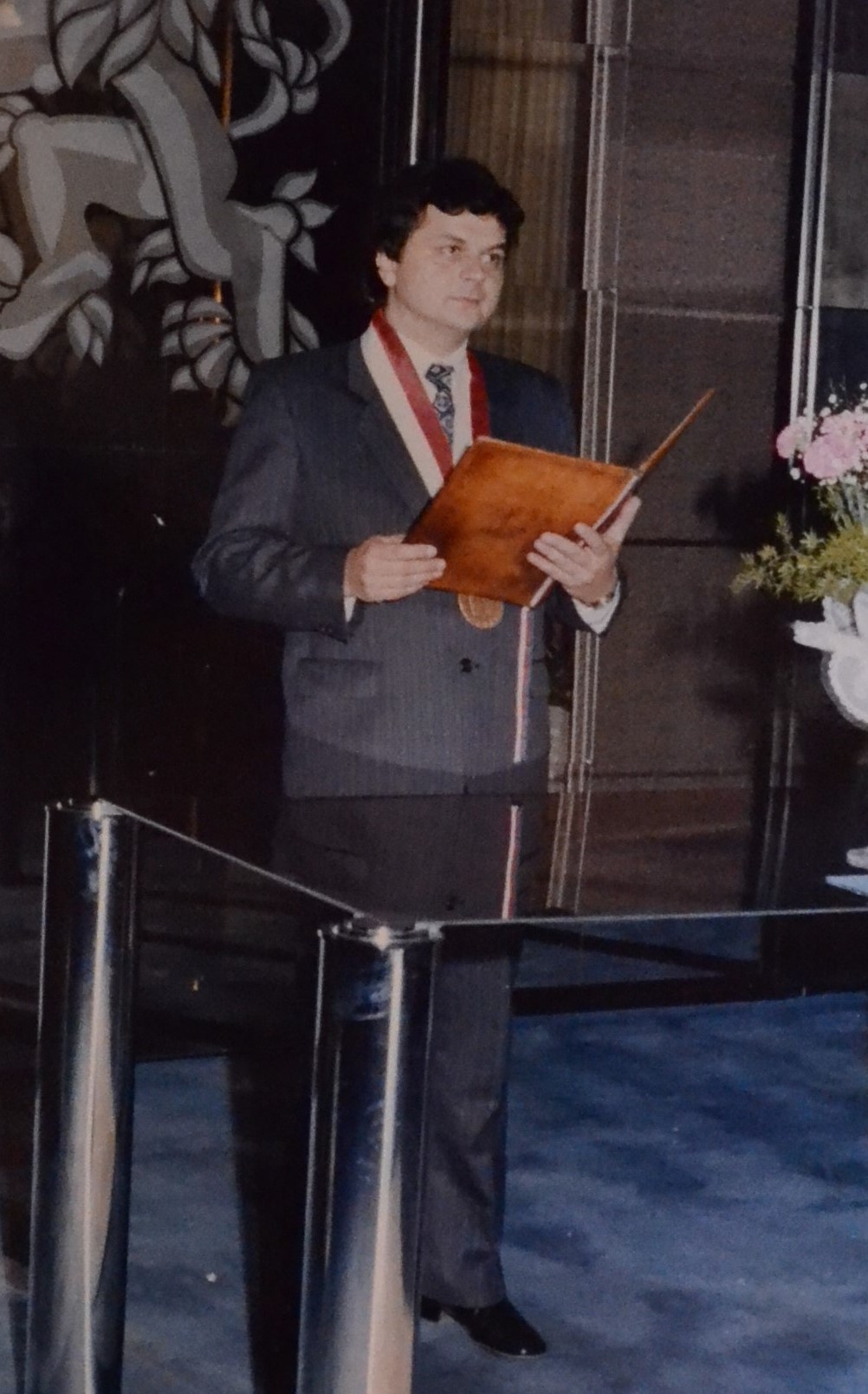
Download image
Roman Vlasák was born September 4, 1954 in Pradubice. His mother used to often express her disapproval of the political realities in Czechoslovakia; in 1968 she was engaged in the Club of Committed Non-Party Members and was unlawfully laid off one year later. Roman’s parents divorced shortly after his birth and he grew up with his mother, brother and grandmother in Přelouč. In August 1968, after the Warsaw Pact Invasion, he distributed information leaflets aimed against the occupation armies together with his friends. They wrote anti-occupation slogans on the pavements in Přelouč on the first anniversary of the occupation in August 1969. Interrogations followed but Roman was acquitted thanks to his young age. Later he had troubles getting accepted into high school and university. Eventually, he graduated from the Faculty of Technology in Gottwaldov (Zlín) and moved to Poděbrady with his wife after completing military service. He became member of a community theatre company in the 1980s. He was engaged in the Civic Forum in Poděbrady during November 1989. In 1990 he was elected deputy mayor of Poděbrady.
